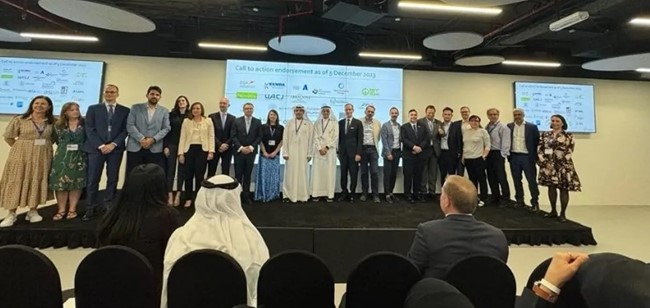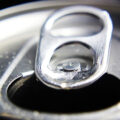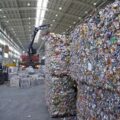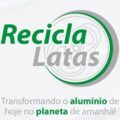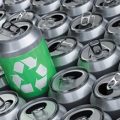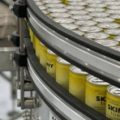During the COP28 conference in Dubai, global aluminum industry leaders presented an ambitious goal: to achieve 100% recycling of aluminum beverage cans by 2050, in line with net zero carbon emissions (CO₂) targets.
According to Janaina Donas, the company’s leader, it is vital to take effective measures to lead efforts towards a more sustainable future. During the Conference of the Parties (COP28), the panel of the Brazilian Aluminum Association (ABAL) highlighted the importance of Brazilian aluminum as a low-carbon option compared to other materials. Its energy efficiency and recyclability were highlighted, making it a sustainable resource for various industries.
On the other hand, the International Aluminum Institute (IAI) spearheaded an initiative supported by Janaína Donas, executive president of the Brazilian Aluminum Association (ABAL), and Pierre Labat, senior vice president and director of Strategy and Sustainability at Novelis Inc. During the meeting, the measures to be taken for the sector to reach the established goal were discussed.
Also during the round table, Adalberto Maluf, who is the National Secretary of Urban Environment and Environmental Quality of the Ministry of Environment, was invited by ABAL and recognized Brazil as an exemplary country in terms of its performance in the aforementioned category.
Aluminum beverage cans are generally recycled into ingots in special ‘closed loop’ plants. This is the ultimate recycling process is done to achieve environmental efficiency and used cans are often recycled, converted into new cans, filled and put back on the shelf in just six weeks. The use of recycled aluminum for the manufacture of beverage cans saves 95% of energy compared to making it from ore, while in the case of steel, energy savings reach 75%.
Currently, it is estimated that around 70% of aluminum beverage cans worldwide are recycled. One country that stands out in this respect is Brazil, which for more than 20 years has maintained a can recycling rate of more than 90%, and will even reach an all-time record of 100% by the year 2022.

